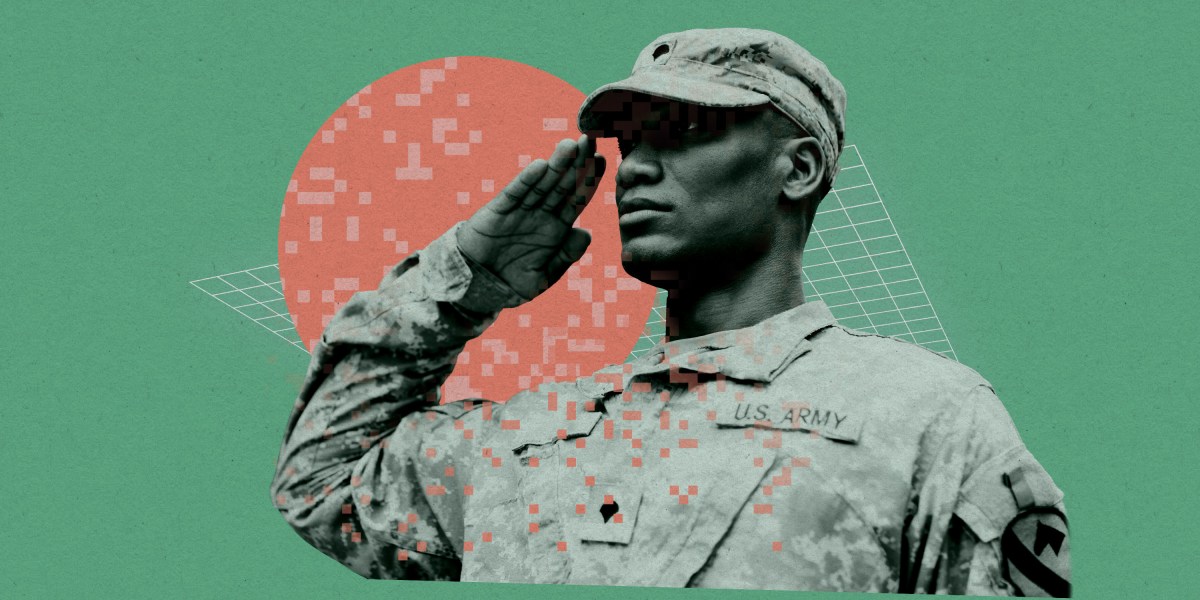The Download: military personnel data for sale, and AI watermarking

For as little as $0.12 per record, data brokers in the US are selling sensitive private data about both active-duty military members and veterans, including their names, addresses, geolocation, net worth, and religion, and information about their children and health conditions.
In an unsettling study published today, researchers from Duke University approached 12 data brokers and purchased thousands of records about American service members with minimal vetting.
The study highlights the extreme privacy and national security risks created by data brokers. These companies are part of a shadowy multibillion-dollar industry that collects, aggregates, buys, and sells data, practices that are currently legal in the US, exacerbating the erosion of personal and consumer privacy. Read the full story.
—Tate Ryan-Mosley
The inside scoop on watermarking and content authentication
Last week, President Biden released his executive order on AI, a sweeping set of rules and guidelines designed to improve AI safety and security. The order put great emphasis on watermarking and content authentication tools, which aim to label content to determine whether it was made by a machine or a human. The White House is making a big bet on these methods as a way to fight AI-generated misinformation.
The White House is encouraging tech companies to create new tools to help consumers discern if audio and visual content is AI-generated, and plans to work with the group behind the open-source internet protocol known as the Coalition for Content Provenance and Authenticity, or C2PA. Tate Ryan-Mosley, our senior tech policy reporter, has written a handy guide to C2PA, what it can achieve, and, crucially, what it can’t. Read the full story.
This story is from The Technocrat, our weekly newsletter covering tech and politics Sign up to receive it in your inbox every Friday.


